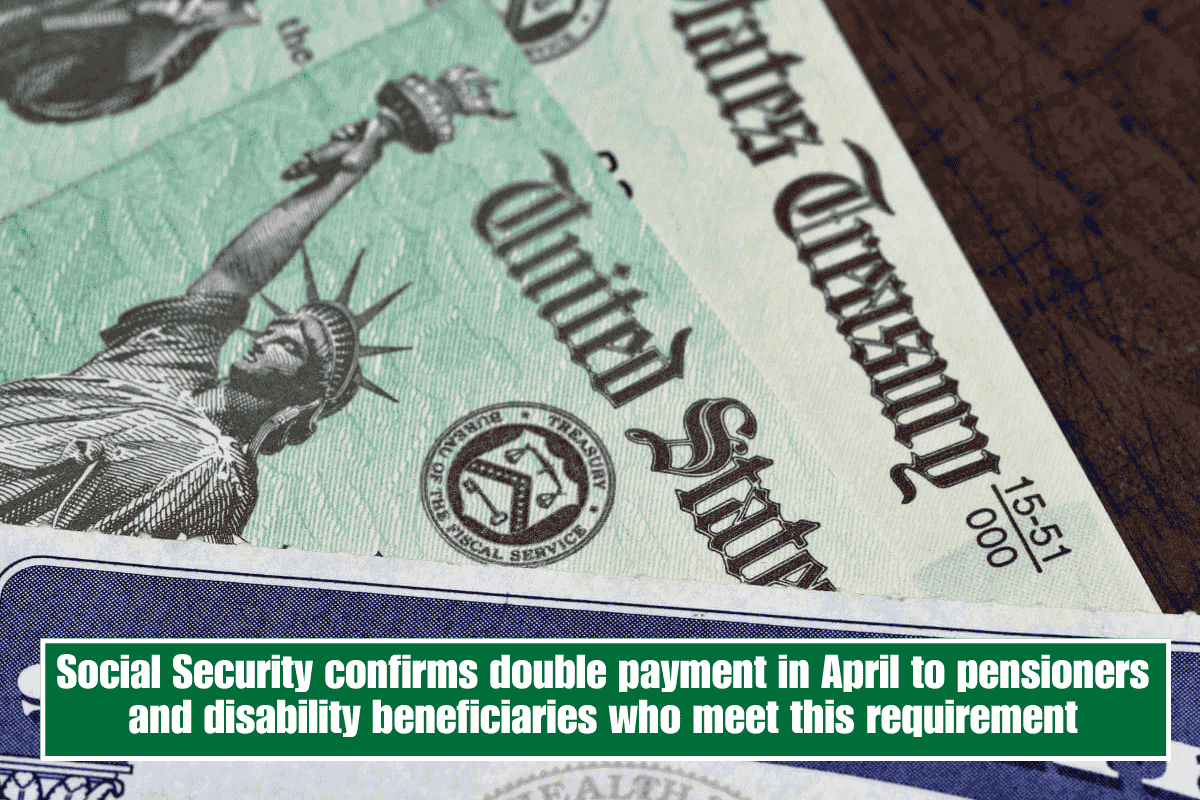In addition to reversing a policy that would have required some elderly and disabled people to physically visit SSA offices in order to claim benefits, the Social Security Administration (SSA) announced a two-week delay in implementing planned service reductions.
This decision comes after President Trump’s nominee for the agency, Frank Bisignano, was subjected to intense questioning during a Senate hearing and strong opposition from advocacy groups.
Background of the Proposed Changes
The SSA’s initial plans to stop accepting phone-based benefit applications and altering bank deposit details sparked criticism because of worries that these actions would interfere with services for vulnerable groups.
Acting Commissioner Lee Dudek justified the delay by stating that these groups needed better service.
In accordance with the updated plan, retirees, widows, and children who want to apply offline must physically visit SSA offices beginning on April 14.
However, low-income older adults and people with disabilities can still use the phone to confirm their identity.
Advocacy Groups’ Response
While AARP and other advocacy groups have applauded the delay, they believe it is insufficient in and of itself.
AARP’s Chief Advocacy and Engagement Officer, Nancy LeaMond, stressed the importance of improved public input and communication on such policy changes.
Financial Impact and Administrative Challenges
Approximately $1.4 trillion is distributed to 73 million Americans each year by the SSA.
The suggested adjustments were a part of larger initiatives to stop fraud and cut down on improper payments, which as of August 2024 totaled close to $72 billion.
Critics counter that policies like the soon-to-be implemented 100% withholding rate for overpayment recovery could have a negative effect on retirees’ financial security.
Nomination of Frank Bisignano
During his Senate confirmation hearing, President Trump’s choice to head the SSA, Frank Bisignano, came under heavy fire.
In response to Democratic Senator Elizabeth Warren’s worries, Bisignano vowed he would not permit benefit reductions brought on by office closures and fewer phone services.
Discussions also centered on his affiliation with the Department of Government Efficiency (DOGE), his experience with Wall Street, and corporate policies.
Transition to Digital Payments
In a related development, almost half a million Americans will be impacted by President Trump’s recent order requiring the elimination of paper Social Security checks.
By September 30, beneficiaries must switch to prepaid cards, direct deposit, or other electronic payment methods.
Although the goal of this change is to cut expenses and minimize fraud, some of the most vulnerable groups may experience financial instability as a result, particularly older recipients used to paper checks.
Challenges for Rural Communities
For people living in rural areas with little access to the internet and few options for transportation, the new requirement for in-person identity verification presents serious obstacles.
As part of the federal government’s cost-cutting measures, many Social Security field offices are also closing, which may require seniors to travel even further to visit the nearest office.
In response to public concern and the difficulties faced by vulnerable populations, the SSA has decided to postpone and alter its proposed service changes.
It is still critical to strike a balance between the agency’s efforts to reduce fraud and boost efficiency and the requirement to guarantee that all beneficiaries have access to fair and accessible services as it makes policy changes.















